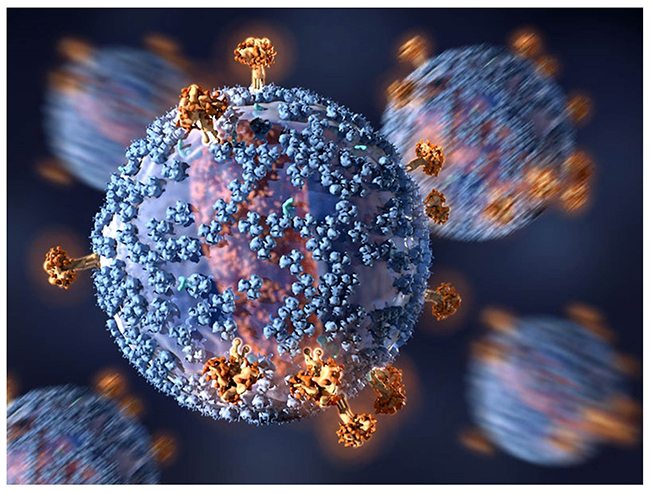
Cellectis SA (ADR) (NASDAQ:CLLS) just announced that the FDA has granted it approval to proceed with the clinical development of a drug called UCART123. Markets are flat on the news, and that’s probably the right response from a short term perspective (it’s currently a pre clinical asset, after all) but longer term, this could be a real game changer. As such, the IND approval highlights Cellectis as a real player to watch in this space moving forward.
Here’s what we are looking at.
So, the drug in question, as mentioned, is called UCART123, and at core, it’s a CAR-T immuno oncology product. There’s nothing particularly special about that, we hear you say. Well, this one’s a little different than the standard CAR-T asset. It’s part of a family of drugs called allogeneic CAR T-cells, which are cells that have been engineered using the company’s proprietary gene editing platform to target a specific and pre-selected tumor antigen.
Cellectis has a few of these assets in its early pipeline, but the lead, and the one we are discussing here, is targeting CD123, an antigen located on CD123 expressing leukemia such as on cancer cells in acute myeloid leukemia, or AML, and blastic plasmacytoid dendritic cell neoplasm, or BPDCN.
So why is this such a big deal?
Well, with the FDA acceptance of the company’s IND (investigational new drug) application, this asset – UCART123 – is the first drug of its type (off-the-shelf gene-edited CAR T-cell product candidate) that the FDA has approved for clinical trials. CAR-T cells have become a real hot space in the biotech sector over the last few years, but the sort of customized therapy that the gene editing element of this UCART treatment affords the industry as a treatment option could be a game changer. That’s why this is a big deal, and that’s why the acceptance of the IND is important.
By way of a quick introduction to this ype of therapy, and as an explanation as to how this fits in with wider immunooncology, CAR-T treatments are designed to teach the immune system to recognize a particular antigen (in this instance, the 123 antigen mentioned above, and in the case of Cellectis’ lead (but none gene edited) CAR-T asset, an antigen called CD19). The rcognition of this antigen allows for a targeted and selective attack on the cancer cells. Selectivity means the drug doesn’t attack heathy cells, meaning it circumvents the side effects traditionally associated with cancer treatment (pain, nausea, toxicity etc. etc.).
What, then, in this instance, is the target?
Cellectis is attempting to demonstrate the safety and efficacy of its candidate in the two above mentioned cancer targets – AML and BPDCN. Chances are that readers will already be familiar with AML, but BPDCN is a little less common, so for those new to the disease, it is a very rare and aggressive hematological malignancy that is derived from plasmacytoid dendritic cell precursors. Basically, it’s a disease of bone marrow and blood cells but also often affects skin and lymph nodes. The fact that it affects this range of cells makes it ideal as a target indication.
So what’s next?
The company submitted its trial protocol to an entity called the National Institutes of Health’s Recombinant DNA Advisory Committee (RAC) last year, and this entity approved said protocol in December 2016. The IND approval was the natural next step, and this now opens up the potential pathways for trials in both Europe and the US. That’s what we are looking to as the next major catalyst from the company – US and European trial initiation.
The thing to realize here is that these trials, at least in their early iterations, probably aren’t going to have too much of an impact on the company’s market capitalization. With that said, however, the longer term implications of a drug like this moving out of the laboratory and into the clinic are what’s important. This move makes the company (and specifically, this development program) one to watch going forward.
We’re going to be watching this space closely, and we’ll update as the program matures. Stick with us for continued coverage of the gene edited CAR-T programs from Cellectis.




